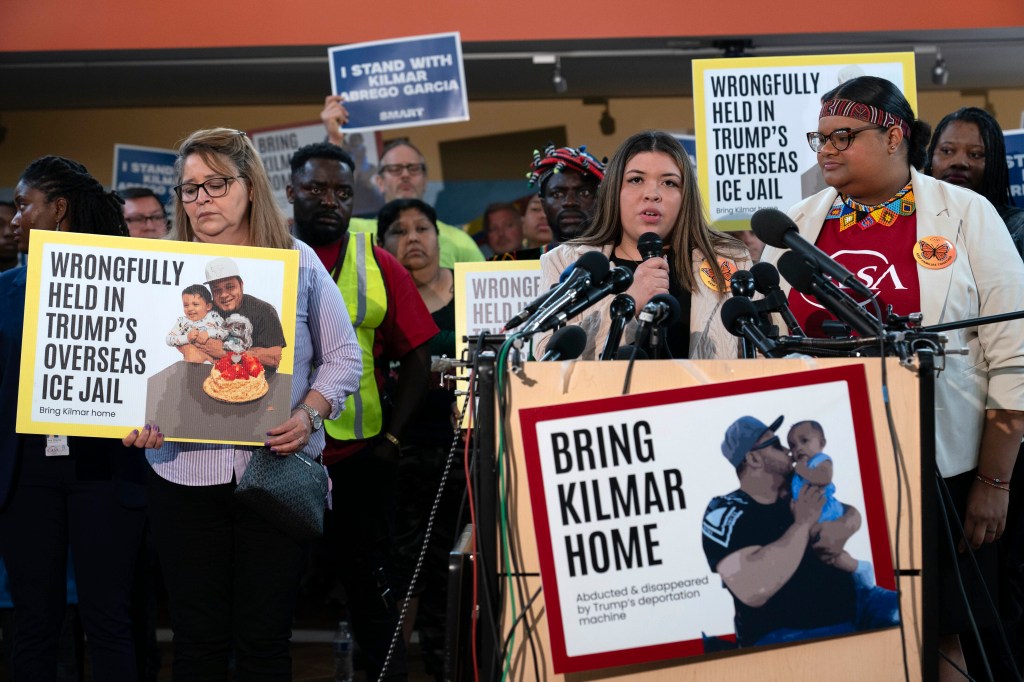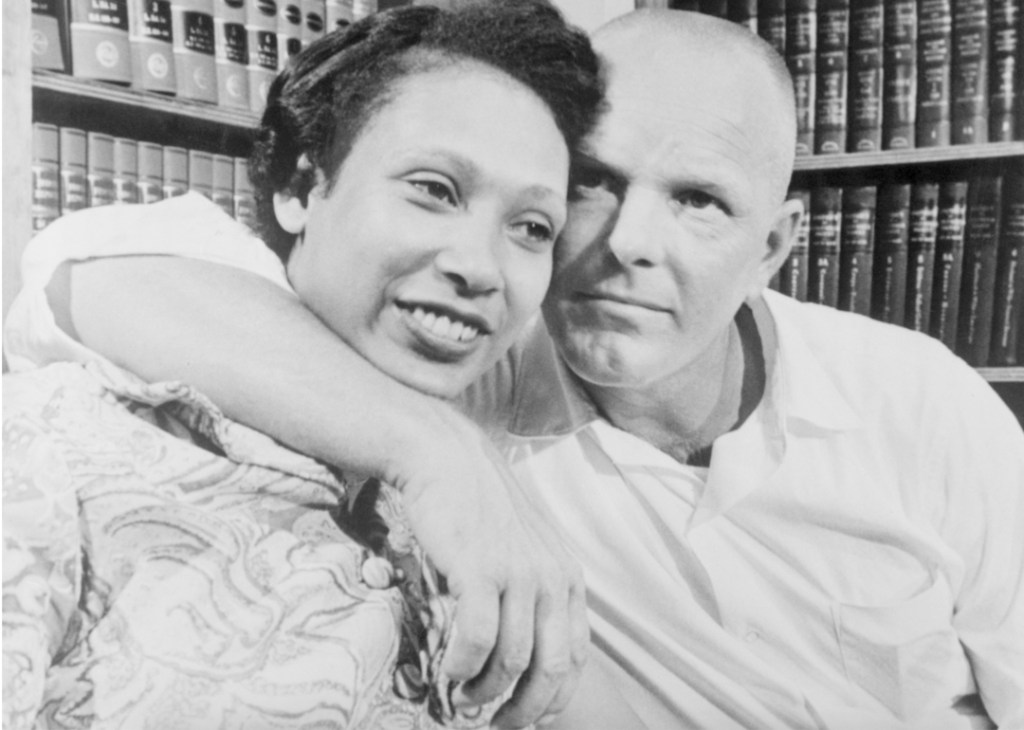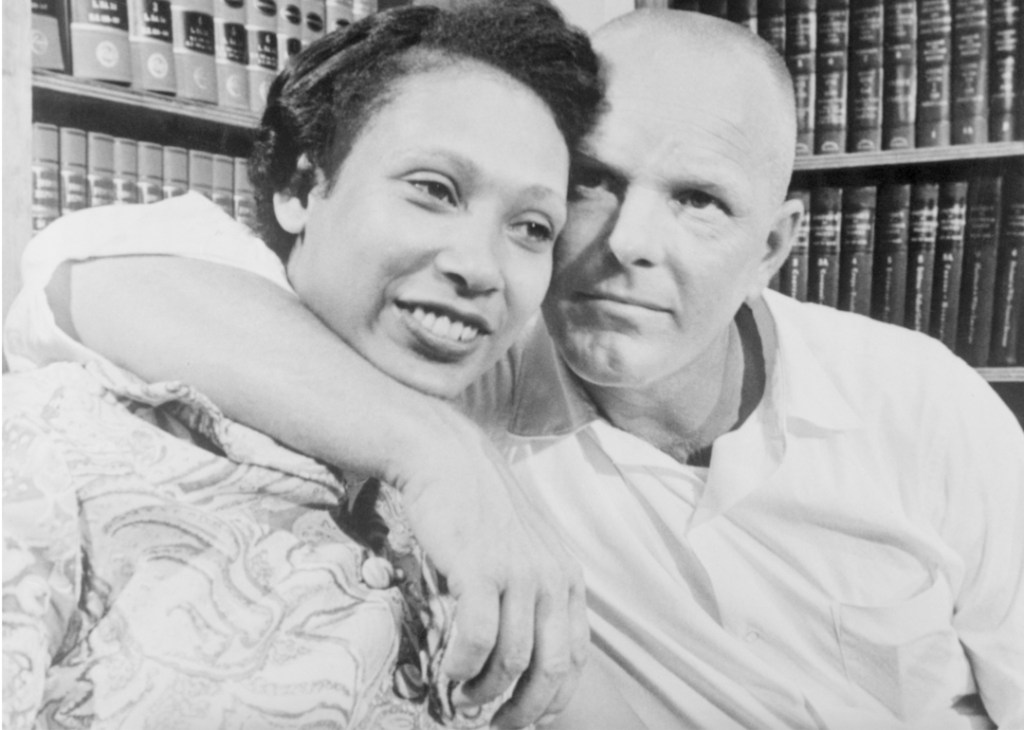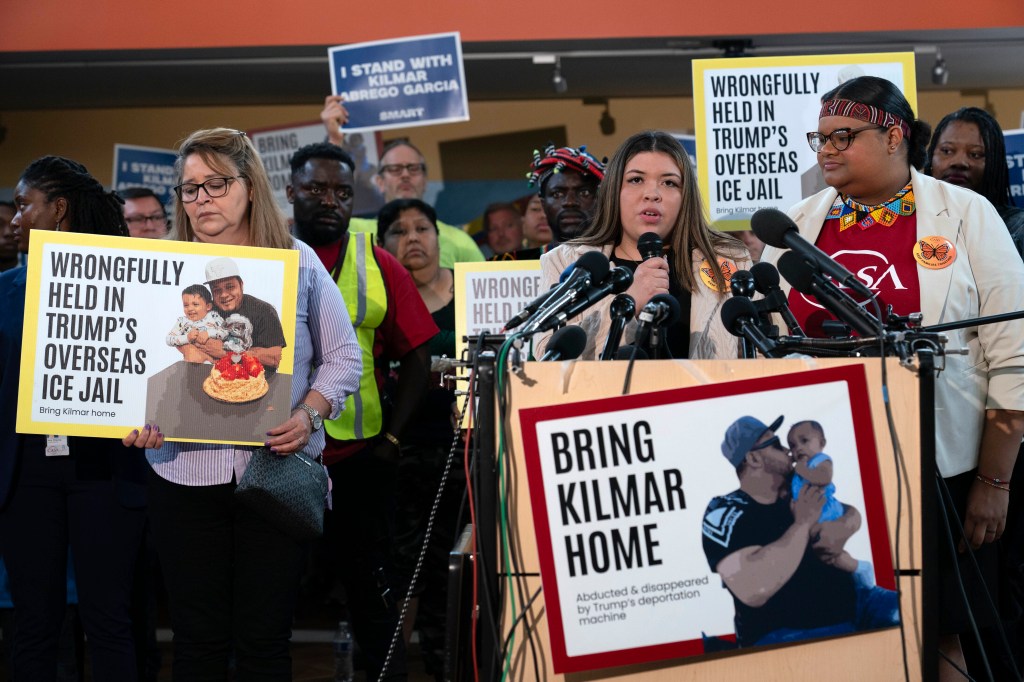In the pursuit of justice, a delicate balance must be struck between protecting the rights of individuals and maintaining social order. At the heart of this balance lies due process, a cornerstone of democratic societies that safeguards citizens from arbitrary power and guarantees a fair shake. Yet, in today’s tumultuous climate, where the lines between right and wrong are increasingly blurred, the importance of due process cannot be overstated. As we grapple with issues of mass surveillance, racial profiling, and political polarization, the need for a robust due process framework has never been more pressing.

In the face of these challenges, it’s easy to get lost in the noise, to let fear and outrage guide our actions, and to sacrifice our most fundamental rights at the altar of expediency. But it’s precisely in these moments that we must hold fast to the principles of due process, reminding ourselves that the rights of the accused, the marginalized, and the voiceless are inextricably linked to our own.

The Importance of Due Process
The concept of due process is a fundamental right that lies at the heart of the American justice system. It is a cornerstone of democracy, ensuring that individuals are protected from arbitrary and unjust treatment by the government. Due process is enshrined in the Fifth and Fourteenth Amendments to the US Constitution, which guarantee that no person shall be “deprived of life, liberty, or property, without due process of law.”

The Concept of Due Process: A Fundamental Right
The origins of due process can be traced back to the Magna Carta, a medieval charter that established the principle that the king was not above the law. Over time, this concept evolved and was incorporated into the US Constitution, where it has played a crucial role in shaping the country’s legal system.
The Origins of Due Process
The protections afforded by due process are multifaceted and far-reaching. They include the right to notice, a fair hearing, and an impartial tribunal before being deprived of life, liberty, or property. These safeguards are essential in ensuring that individuals are treated fairly and that the government does not abuse its power.
The Protections of Due Process
The significance of due process in the American justice system cannot be overstated. It provides a check on government power, preventing arbitrary and unjust treatment of individuals. By guaranteeing due process, the Constitution ensures that individuals are protected from government overreach and abuse of authority.
The Significance of Due Process in the American Justice System
Case Study: Kilmar Abrego Garcia’s Story
Kilmar Abrego Garcia’s case is a stark illustration of the importance of due process. A Maryland resident, Abrego Garcia was granted protected status by a US court, declaring that he could not be deported to El Salvador. Despite this, he was imprisoned in a foreign prison by the Trump administration, sparking widespread outrage and concern.
An Example of Due Process Denial
The circumstances of Abrego Garcia’s imprisonment are troubling. He was detained by ICE despite having no criminal record and being granted protected status by a US court. The Trump administration’s decision to deport him to El Salvador, where he was imprisoned, raises serious concerns about the denial of due process.
The Circumstances of Abrego Garcia’s Imprisonment
The role of the Trump administration in Abrego Garcia’s case is highly questionable. The administration’s claims that it cannot return Abrego Garcia because he is now in El Salvadoran custody ring hollow, and its failure to take action to correct this egregious error is a stark reminder of the importance of due process.
The Role of the Trump Administration in His Case
The potential consequences of Abrego Garcia’s situation are far-reaching and alarming. If the government can deny due process to one individual, it can do so to anyone. This sets a dangerous precedent, undermining the very foundations of the American justice system.
The Potential Consequences of Abrego Garcia’s Situation
Stare Decisis and the Supreme Court
Stare decisis, a Latin phrase meaning “let the decision stand,” is a fundamental principle of the common law system. It holds that previous court decisions should be respected and followed in similar cases, ensuring consistency and predictability in the law.
The Role of Stare Decisis in Supreme Court Decisions
Understanding the concept of stare decisis is essential in grasping its implications for Supreme Court decisions. By following precedent, the Court ensures that the law is applied consistently and that individuals are treated fairly. This helps to maintain public trust and confidence in the judiciary.
Understanding the Concept of Stare Decisis
The implications of stare decisis for Supreme Court decisions are significant. By adhering to precedent, the Court upholds the rule of law, providing a stable and predictable legal framework for individuals and businesses alike.
The Implications of Stare Decisis for Supreme Court Decisions
The importance of stare decisis in upholding the rule of law cannot be overstated. By respecting precedent, the Supreme Court ensures that the law is applied consistently, providing a safeguard against arbitrary and unjust treatment of individuals.
The Importance of Stare Decisis in Upholding the Rule of Law
Due Process in Practice
Due process is a cornerstone of the American justice system, aimed at protecting individuals from government overreach and abuse of power. In practice, due process imposes limitations on government power, particularly executive authority, and empowers the judiciary to check on executive actions.
Limitations on Government Power
The concept of due process is deeply rooted in the idea that the government must operate within the bounds of the law and respect the rights of its citizens. This means that the executive branch, which is responsible for enforcing the law, must do so in a way that is fair, transparent, and accountable. The judiciary plays a critical role in ensuring that the executive branch does not overstep its authority, and that individuals are protected from arbitrary and capricious actions.
A prime example of the importance of due process can be seen in the case of Kilmar Abrego Garcia, a Maryland resident who was illegally imprisoned in a foreign prison by the Trump administration. Despite being granted protected status by a U.S. court, Garcia was deported to El Salvador, where he was detained without due process. This case highlights the dangers of government overreach and the importance of protecting due process rights.
The Role of the Judiciary in Checks on Executive Power
The judiciary plays a vital role in checking on executive power and ensuring that the government operates within the bounds of the law. Through the process of judicial review, courts can strike down executive actions that violate the Constitution or exceed the authority granted to the executive branch. This helps to prevent abuses of power and protect individual rights.
In the context of the Garcia case, the judiciary could have played a crucial role in preventing his illegal imprisonment. However, the Trump administration’s failure to respect due process rights and its willingness to engage in arbitrary and capricious actions undermined the rule of law and put Garcia’s life at risk.
The Importance of Due Process in Preventing Government Overreach
Due process is essential in preventing government overreach and protecting individual rights. By requiring the government to operate in a fair, transparent, and accountable manner, due process helps to prevent abuses of power and ensure that individuals are treated with dignity and respect.
In the absence of due process, governments are free to act arbitrarily and capriciously, without regard for individual rights or the rule of law. This can lead to a breakdown in the social contract and undermine trust in government institutions.
The Intersection of Due Process and Politics
Due process is often politicized, with different groups using it as a tool to advance their own interests. This can lead to a manipulation of due process, where it is used to justify arbitrary and capricious actions, rather than to protect individual rights.
The Use of Due Process as a Political Tool
Due process can be used as a political tool to advance particular agendas or ideologies. This can involve selectively applying due process principles to favor certain groups or individuals, while denying them to others.
A prime example of this can be seen in the context of reproductive rights, where due process has been used to justify restrictions on access to abortion. By manipulating due process principles, politicians and activists have been able to chip away at reproductive rights, often using flawed legal reasoning and misleading rhetoric.
The Ways in Which Due Process Can Be Manipulated
Due process can be manipulated in a variety of ways, including through the selective application of due process principles, the misuse of legal terminology, and the manipulation of public opinion.
In the context of reproductive rights, due process has been manipulated by politicians and activists who claim to be protecting the rights of the unborn, while denying due process rights to women. This involves using flawed legal reasoning and misleading rhetoric to justify restrictions on access to abortion.
The Challenges of Protecting Due Process in a Politicized Environment
Protecting due process in a politicized environment is a significant challenge. This requires a commitment to upholding due process principles, even in the face of political pressure and ideological differences.
It also requires a critical approach to evaluating political rhetoric and legal reasoning, and a willingness to call out manipulation and misinformation. By doing so, we can help to protect due process rights and prevent the erosion of individual liberties.
The Future of Due Process
The future of due process is uncertain, particularly in the context of changing judicial landscapes and shifting political ideologies. However, it is clear that protecting due process rights is essential for maintaining the rule of law and preventing government overreach.
Implications of the Dobbs v. Women’s Health Decision
The Dobbs v. Women’s Health decision has significant implications for due process and reproductive rights. By overturning Roe v. Wade, the Supreme Court has paved the way for states to restrict access to abortion, potentially denying due process rights to women.
This decision has far-reaching consequences, not only for reproductive rights but also for due process more broadly. It highlights the importance of protecting due process rights, even in the face of changing judicial landscapes and shifting political ideologies.
The Impact of the Dobbs Decision on Reproductive Rights
The Dobbs decision has significant implications for reproductive rights, potentially denying women access to safe and legal abortion. This could have devastating consequences for women’s health and well-being, particularly in states with restrictive abortion laws.
Moreover, the decision undermines due process rights, allowing states to impose arbitrary and capricious restrictions on access to abortion. This could have far-reaching consequences for individual liberties and the rule of law.
The Potential Consequences of the Dobbs Decision for Due Process
The Dobbs decision has significant implications for due process, potentially undermining the rule of law and individual liberties. By allowing states to restrict access to abortion, the decision paves the way for arbitrary and capricious government actions.
This could have devastating consequences for due process rights, allowing governments to impose restrictions on individual liberties without justification or accountability.
The Importance of Protecting Due Process in the Face of Changing Judicial Landscapes
Protecting due process rights is essential in the face of changing judicial landscapes and shifting political ideologies. This requires a commitment to upholding due process principles, even in the face of political pressure and ideological differences.
It also requires a critical approach to evaluating political rhetoric and legal reasoning, and a willingness to call out manipulation and misinformation. By doing so, we can help to protect due process rights and prevent the erosion of individual liberties.
The Importance of Civic Engagement
Civic engagement is essential for protecting due process rights and preventing government overreach. By participating in the political process and holding elected officials accountable, citizens can help to ensure that due process principles are upheld.
The Role of Citizens in Protecting Due Process
Citizens play a critical role in protecting due process rights by participating in the political process and holding elected officials accountable. This involves engaging in public debate, voting, and advocating for due process principles.
Moreover, citizens can help to protect due process rights by supporting organizations and advocacy groups that work to promote due process principles. This can involve donating time, money, or resources to organizations that work to protect individual liberties.
The Ways in Which Citizens Can Advocate for Due Process
Citizens can advocate for due process in a variety of ways, including through public debate, voting, and advocacy. This can involve engaging with elected officials, participating in public protests, and supporting organizations that work to promote due process principles.
Moreover, citizens can help to protect due process rights by educating themselves about due process principles and the importance of protecting individual liberties. This can involve reading books, articles, and other materials, as well as engaging in public debates and discussions.
The Importance of Civic Engagement in Promoting Due Process
Civic engagement is essential for promoting due process principles and protecting individual liberties. By participating in the political process and holding elected officials accountable, citizens can help to ensure that due process principles are upheld.
Moreover, civic engagement helps to promote a culture of accountability and transparency, where governments are held accountable for their actions and citizens are empowered to participate in the political process. This can help to prevent government overreach and protect individual liberties.
Conclusion
In conclusion, the importance of due process cannot be overstated in today’s society. Our article has highlighted the key points and main arguments that demonstrate how due process is not only a fundamental right, but also a mechanism that protects individuals from arbitrary and capricious decision-making. We have shown how the erosion of due process can have far-reaching consequences, including the erosion of trust in institutions and the perpetuation of systemic injustices.
The significance of due process lies in its ability to ensure that individuals are treated fairly and with dignity, regardless of their background or circumstances. In an era where misinformation and disinformation are rampant, due process serves as a bulwark against the spread of false narratives and the manipulation of facts. Furthermore, it provides a safeguard against the concentration of power and the abuse of authority.
As we look to the future, it is essential that we continue to prioritize due process in our institutions and daily lives. By doing so, we can create a society that is more just, equitable, and transparent. We can build trust and foster a sense of community by upholding the principles of due process. As we move forward, let us remember that due process is not just a procedural requirement, but a moral imperative that is essential to our humanity. It is time for us to reclaim the importance of due process and to make it a cornerstone of our democracy.
